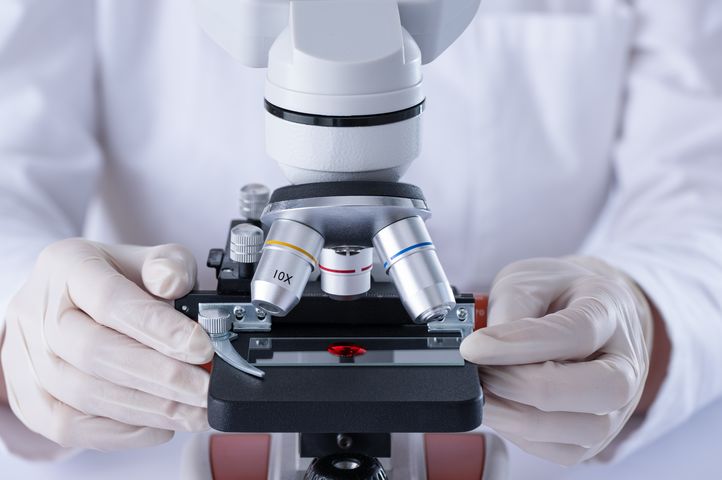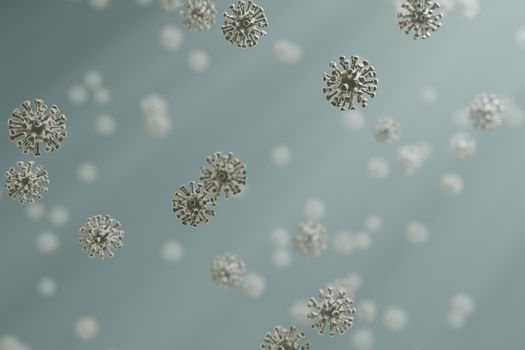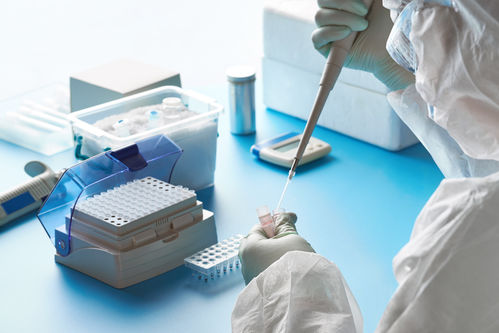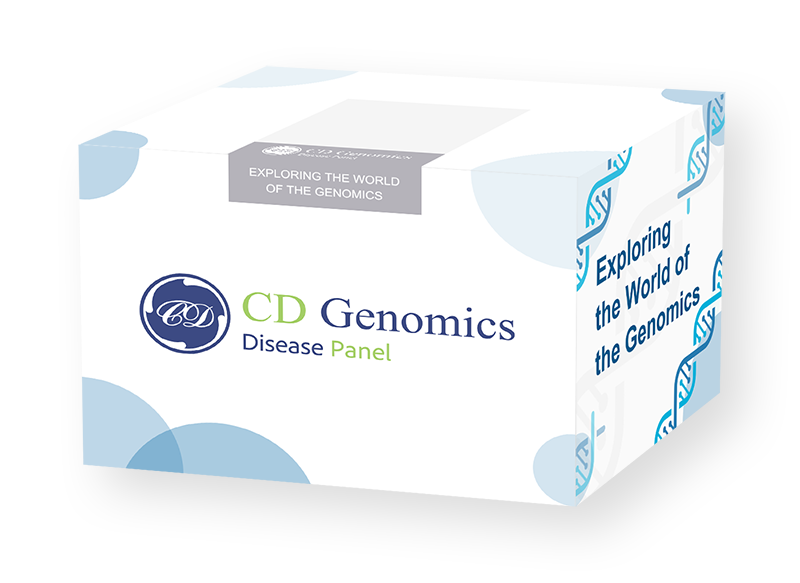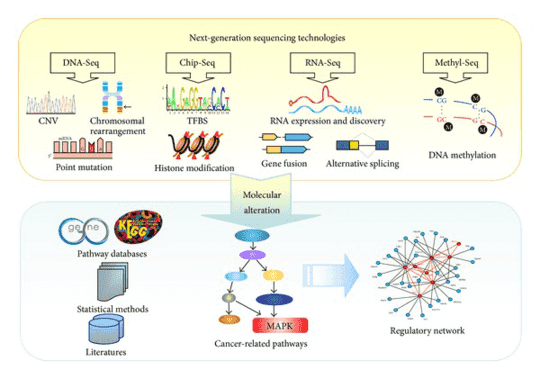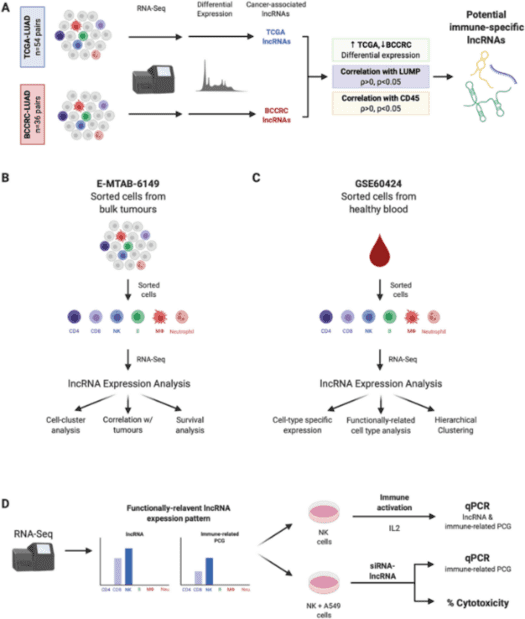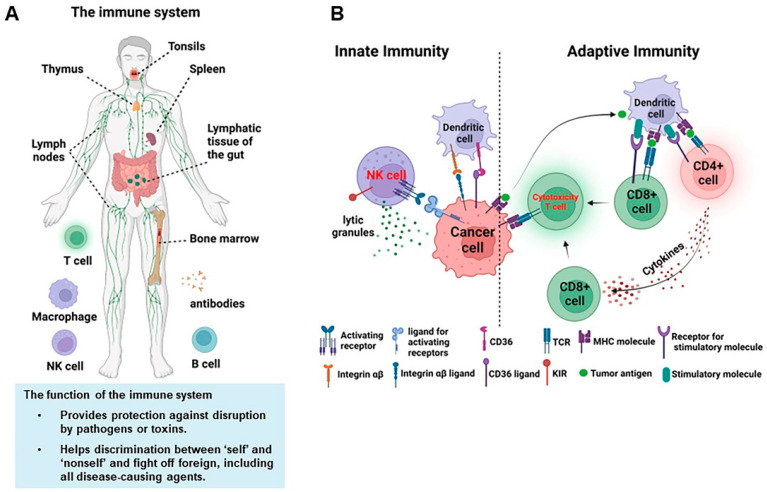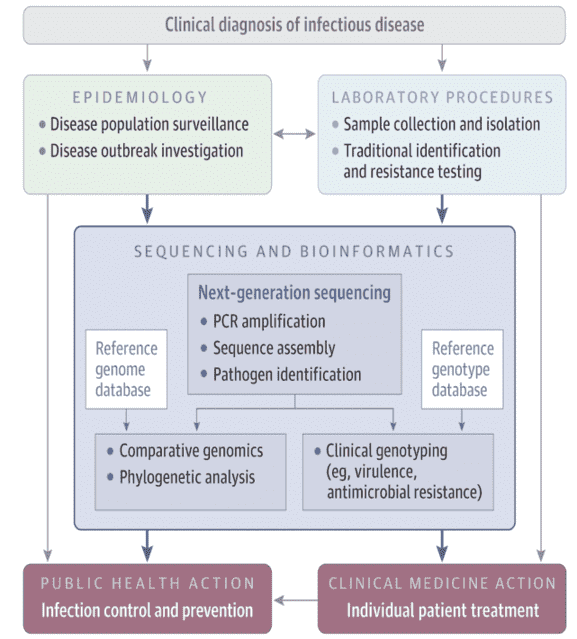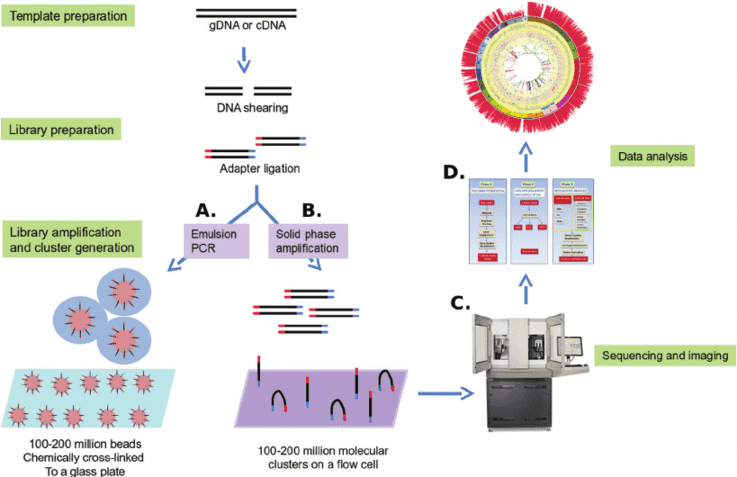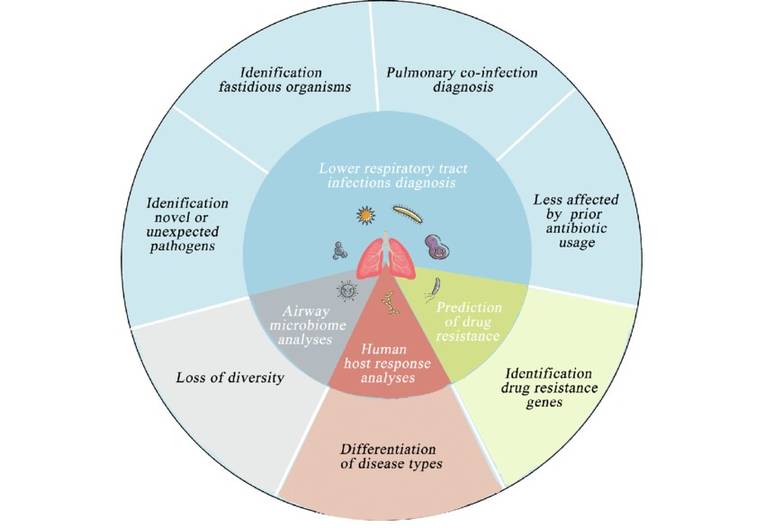Custom Ulcerative Colitis Panel

What is ulcerative colitis?
Ulcerative colitis (UC), one of two major types of inflammatory bowel disease, is an idiopathic and chronic inflammatory disorder of the colonic mucosa, which starts in the rectum and generally extends proximally in a continuous manner through part of, or the entire, colon. The course of UC is prolonged, easy to recurrent, and has a tendency to become cancerous. It was once listed by WHO as one of the modern refractory diseases. Although scientists have conducted in-depth research, the exact cause of UC is still unknown. The pathogenic factors that have been proposed so far include: genetic susceptibility; infectious agents (bacteria and viruses); immune system defects; and environmental factors. The incidence of UC has continued to increase rapidly in recent years. According to epidemiological statistics, North America and Northern Europe are the areas with the highest incidence and prevalence of UC, with an incidence rate of 9 to 20 per 100,000 people per year, with a prevalence rate of 156 to 291 per 100,000 people. UC has a bimodal pattern of incidence, with the main onset peak between ages 15 and 30 years, and a second smaller peak between ages 50 and 70 years. Commonly, the symptoms of UC include belly pain or cramps; a feeling of urgently needing to open the bowels; blood, mucus or pus in the stool; diarrhea; fatigue; weight loss and loss of appetite. What's more, people with UC may also have other symptoms unrelated to the bowel, including: oral ulcers; skin problems; joint pains; liver diseases and eye problems.
Disease-related gene description
Much work in the past decade has focused on the development of serologic markers for UC. Scientists have found that polymorphisms in some key genes that control barrier function are associated with the pathogenesis of UC. These include polymorphisms in ECM1, well-known to keep epithelial basement membrane integrity, DH1 locus, encoding the adherens junction protein E-cadherin required for tight junction formation, HNF4a, responsible for epithelial differentiation, and LAMB1, encoding the β1 subunit of basement membrane laminin. Polymorphisms in GNA12, associated with tight junction assembly via interactions with Zo-1 and Src, have recently been described. What’s more, abnormalities in the IL-23 signaling pathway, which play a key role in expansion and differentiation of T helper (Th) and other innate immune cells, contributes to the development of UC. Other members of the pathway such as JAK2, TYK2, and signal transducers and activators of transcription (STAT) including STAT1, STAT3, STAT4 have also been linked to disease pathogenesis. Indeed, numerous single gene disorders have recently been reported, including mutations in AAMP, NKX2-3, NUSAP1, TMBIM1, IL-10, and MST1.
To better understand the consequences of these mutations in UC-associated genes, our panel can provide not only targeted DNA sequencing by the Illumina MiSeq, but also a comprehensive ulcerative colitis panel library from which you can choose to customize for genetic testing.
Custom ulcerative colitis panel offers but are not limited to:
-
The optimized panel allows you to choose or customize the targeted sequencing service more freely according to your specific needs, saving time and cost.
-
Our platform is equipped with great sequencing technology and advanced target enrichment methods which guarantee the accuracy of each test result.
-
Amplicon sequencing of the Illumina MiSeq provides unparalleled coverage uniformity, high sensitivity and sample flexibility which help us detect low frequency ulcerative colitis variants.
-
Our custom panel content is constantly updated and adjusted based on the latest literature and research hotspots about ulcerative colitis.
-
Our online portal provides transparent and easy access to quality and performance data at the customer level, which helps customers master the progress of the test at any time.
-
We respect the privacy of each customer and guarantee that no information will be disclosed.
-
We have professional scientists or staff in related fields to answer any doubts you may have.
Choose the genes that suit you from the ulcerative colitis gene list
| AAMP |
APEH |
BORCS5 |
CALM3 |
CCNY |
| CD58 |
CREM |
CXCL5 |
ERRFI1 |
GSDMA |
| ACSL6 |
APOBEC3G |
BSN |
CARD11 |
CD226 |
| CD6 |
CRTC3 |
CXCL8 |
EVI5 |
GSDMB |
| ADCY3 |
ARHGAP3 |
BTNL2 |
CARD9 |
CD244 |
| CEBPB |
CSF2 |
CXCR1 |
F11R |
HNF4A |
| AHSA2 |
ARPC2 |
C1orf16 |
CCDC116 |
CD48 |
| CEBPG |
CTDSP1 |
CXCR2 |
FAM213B |
HSPA6 |
| AMIGO3 |
ATF4 |
C1orf53 |
CCDC88B |
CD5 |
| CEP25 |
CTSZ |
DAP |
FCGR2A/C |
ICAM1 |
(Download the ulcerative colitis gene list for more genes)
Specimen requirements of our custom ulcerative colitis panel
- Specimen: FFPE-derived RNA, total RNA, fragmented RNA and whole blood/plasma.
- Volume: 3-5 mL whole blood or min. 300 ng RNA.
- Collection: blood is collected through routine procedures. RNA samples are stored in RNase-free buffer or equivalent.
- Container: sodium heparin (green-top), sodium heparin (dark/royal blue-top) or sodium heparin lead-free (tan-top) tube.
Gene panel workflow

For more information about the Custom Ulcerative Colitis Panel or need other amplification requirements, please contact us.
References:
- 1. Cioffi M, et al. Laboratory markers in ulcerative colitis: Current insights and future advances. World journal of gastrointestinal pathophysiology, 2015, 6(1): 13.
- Kang K, et al. A genome-wide methylation approach identifies a new hypermethylated gene panel in ulcerative colitis. International journal of molecular sciences, 2016, 17(8): 1291.
- Fisher S A, et al. Genetic determinants of ulcerative colitis include the ECM1 locus and five loci implicated in Crohn's disease. Nature genetics, 2008, 40(6): 710.
- Chakrabarty S, et al. Targeted sequencing-based analyses of candidate gene variants in ulcerative colitis-associated colorectal neoplasia. British journal of cancer, 2017, 117(1): 136.
- Sifuentes-Dominguez L, Patel A S. Genetics and therapeutics in pediatric ulcerative colitis: the past, present and future. F1000Research, 2016, 5.
* For research purposes only, not intended for clinical diagnosis, treatment, or individual health assessments.
Related Services
Related Products
Related Resources



